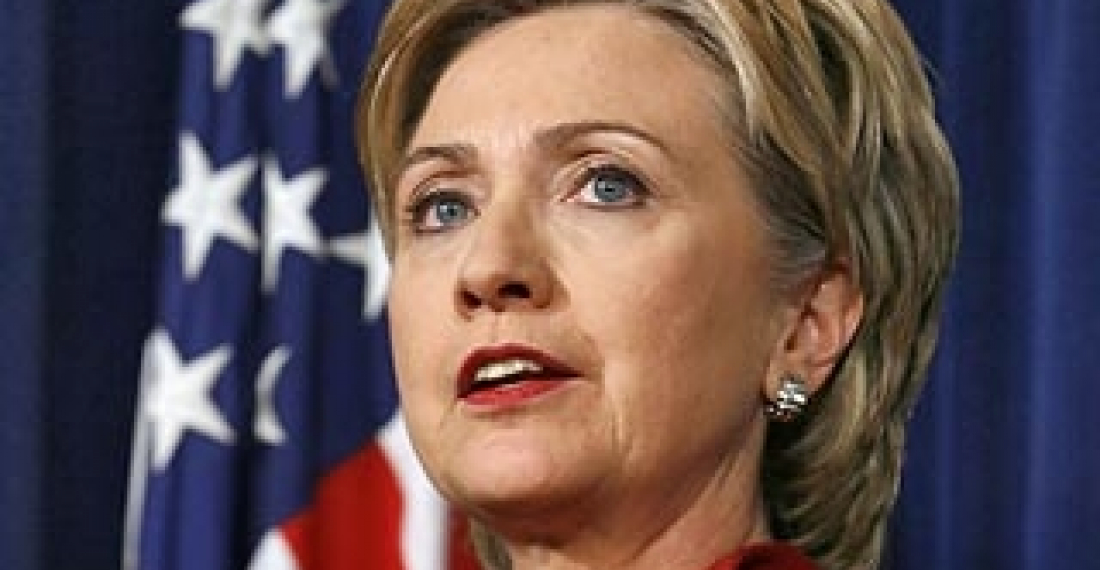Соединенные Штаты Америки остаются привержены оказанию помощи сторонам нагорно-карабахского конфликта для достижения прочного и мирного урегулирования и поддерживают предложение об отводе снайперов с линии соприкосновения в зоне карабахского конфликта. Об этом говорится в письменном ответе Госсекретаря США Хиллари Клинтон на запрос конгрессмена Говарда Бергмана, сообщает Армянский национальный комитет Америки.
"Мы сожалеем о гибели людей и по-прежнему призываем стороны, предпринять шаги для разрешения конфликта. Для начала следует отвести снайперов с линии соприкосновения, что будет способствовать улучшению атмосферы для ведения переговоров, избежать ненужных жертв, и укрепить соглашение о прекращении огня", - сообщается в письме.
Госсекретарь также подчеркнула, что стороны НКК должны проявлять сдержанность в своих публичных заявлениях, дабы избежать недоразумений и непредвиденных последствий. "При каждом удобном случае мы вновь заявляем, что военного решения конфликта не существует, и что только мирное урегулирование приведет к безопасности, стабильности и примирению в регионе",- сообщается в письме Клинтон.







